Bichon Frise is an cheerful, curious, and spirited dog breed

Bichon Frise Spotlight
- Originated in the Mediterranean
- Small but medium energy dog
- Affectionate and very eager to please
- High maintenance grooming required
- Commonly suffers from allergies and dental problems
- Does well with children and other pets
- Not great with being left alone for long periods of time
- Very intelligent and crafty
History
The Bichon Frise (pronounced be-shahn freezay) is of Mediterranean origins and descended from a water spaniel called the Barbet. That name led to the creation of the name Barbichon, which was later shortened to Bichon. This group of dogs eventually split into four distinct breeds, known as the Bichon Bolognese, Bichon Havanese, Bichon Maltese, and Bichon Tenerife.
The Tenerife is called that because the Barbichon dogs were at some point in time taken from the Mediterranean to the Island of Tenerife in the Canary Islands, likely as the companions of Spanish sailors. It’s possible that the sailors used the dogs to barter for other goods. The Bichon Tenerife eventually descended into what we know of today as the Bichon Frise.
In the 1300s, Italian sailors brought the Bichon back to the main continent, where it was commonly a companion of nobles and middle class merchants. Then, in the late 1400s, the French drew influence from the Italians and adopted the Bichon into their own culture. It is very common to see small Bichon-like dogs in French portraits. Surprisingly, at the end of the 19th Century, the Bichon fell out of favor with nobles and became more of a street dog.
It wasn’t until the end of World War I that the Bichon found its way to America when soldiers brought them home as pets. Finally, in 1956, the Picault family immigrated to America with Bichons and began to breed them. In 1964 the Bichon Frise Club of America was formed. Finally, in 1972, the American Kennel Club recognized the Bichon Frise.
Personality and Temperament
Although small, the Bichon Frise is considered a medium energy dog. It is very playful, peppy, and curious. In addition, the Bichon Frise is very affectionate and loves to please its owner. The dogs love to show off and so do well with positive reinforcement, but do not respond well to harsh treatment. Naturally the Bichon Frise is a gentle and playful dog that loves activity and exercise. They really love to run and they are extremely fast when they do so. It is recommended that you have a securely fenced yard for your dog to run around in. The Bichon Frise does well with other pets and children, but isn’t great when left alone.
Training classes are a necessity for the Bichon Frise. Always use positive reinforcement for training, such as praise or a small treat. Take care not to overfeed your dog during training sessions. Do not coddle a fearful dog, as this will encourage that fear to continue. Instead, teach the dog another behavior to do when you notice they are acting fearful. Suggestions include sit, sown, or stay. Tug toys are not recommended for small dogs like the Bichon Frise because it turns into a lesson to the dog to defend itself in an aggressive way. If you have to leave your dog alone, don’t chain it up and make sure there are toys available to play with.
Appearance and Grooming
Referred to as a “powder puff” by the American Kennel Club, the Bichon Frise is a small and sturdy white haired dog with a plumed tail that falls on the dog’s back. They tend to be about ten to twenty pounds. Generally the dog’s eyes, set back into the skull, are round and are black or brown.
The dogs don’t have any obvious curve to their legs and have somewhat cat like feet that point forward. One of the defining characteristics of the Bichon Frise is the texture of their coat. The undercoat is both dense and soft, but the outer coat is coarse and curly. The feeling of petting the dog has been likened to plush or velvet. They rarely shed and are considered to by hypoallergenic.
The Bichon Frise is considered to be a high maintenance breed because it requires a lot of grooming. There is a lot of practice needed to grooming techniques for the Bichon Frise just right so most commonly owners will take their dogs to professional groomers about once a month for a bath and haircut.
In between grooming visits, owners should brush and comb through the Bichon Frise’s coat in order to prevent matting. Start out with a pin brush to get out most of the knots, then comb through. It is also important to remove tartar from the dog’s teeth every week, as well as inspect the paw pads and toenails. It is recommended that owners clip the dog’s toenails at least every other week.
Health
Like most purebred dogs, the Bichon Frise does have some health problems that can commonly occur. However, in general, the breed is considered to be relatively healthy. The problems they do suffer from are not generally fatal. According to Bichon Health, the primary health problems are:
- Allergies
- Bladder Infections/Bladder Stones
- Orthopedic Problems (most often patellar luxation and disk degeneration)
- Dental disease (commonly gingivitis and early tooth loss)
- Eye diseases (generally in the form of cataracts)
- Cancers (primarily lung, hemangiosacroma, and liver cancers)
- Cardiac problems (mitral valve disease)
- Liver disease (liver shunt)
- Gastrointestinal problems (such as chronic vomiting, diarrhea, and gastritis)
- Metabolic diseases (most commonly diabetes, pancreatic diseases, and Cushing’s)
Exercise and Care
Exercise is an absolute must for the Bichon Frise. Because they are friendly and loving they do make for great family pets, but they do have a lot of energy that requires a lot of exercise and attention. Luckily they are easy to train and love to please so you won’t have to worry much about misbehavior. Take the time every day to have play sessions and take your dog on a walk. If you have to leave your dog alone for a long period of time, consider having someone come to your home to socialize and exercise it. The “Bichon Blitz” is a comical sprint that your dog may occasionally partake in, which often tires them out and puts them in the mood for cuddling.
Generally, what to feed your Bichon Frise is dependent on your individual dog’s health. The best option is to work with your veterinarian and/or breeder in order to determine the best diet for your dog. Your dog’s diet will also change as it grows from puppy to adult. If you decide to choose a breed-specific formula, choose one for a small breed with a lifespan of sixteen to eighteen years.
Clubs & Associations
Joining a breed club or association can help you connect with other owners of your breed and provide more information than you can find on the web. Below are some national clubs that support the Bichon Frise.
Rescue & Adoption
If this is your first time as a dog owner, consider adopting a pet from a rescue or local shelter. There are many Bichon Frise that get left and unwanted. Below are a few resources to help you in this process:

 Spain
Spain
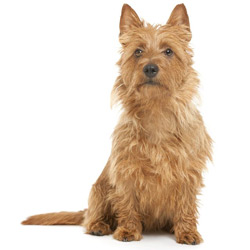
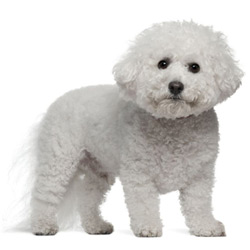
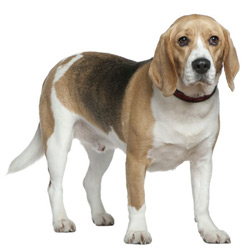
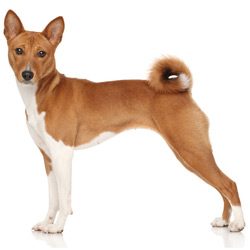
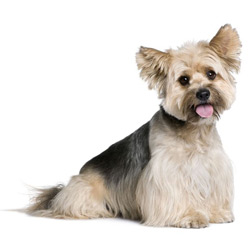
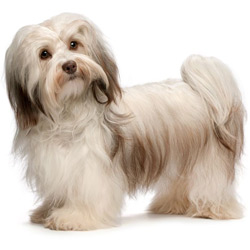
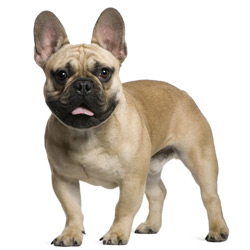
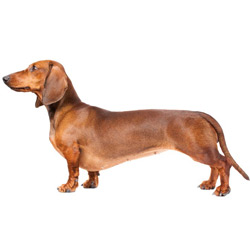
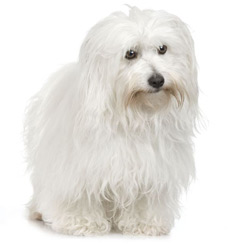
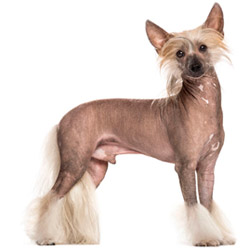
What do you think?